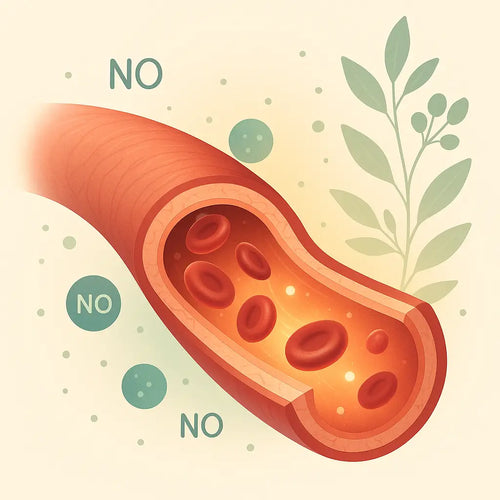Our cells are exposed to assaults all the time. That has a lot to do with why we age and get sick. Since that’s the case the body has ways to protect itself, otherwise we would not get very old. The most effective form of protection from free radical damage (which is a part of why we age) is provided by a substance the body makes called glutathione.
Glutathione is, however, doing much more than reducing free radical damage.
Glutathione can impact viral infections, cardiovascular disease, eye disease, cancer, neurodegenerative diseases and diabetes.
First, how can it impact viral infections?
Viral infections induce oxidative stress in the cells of the infected individual. Research has shown that glutathione protected against production of active virus particles in human small airway epithelial cells in cultures (Cai J, et al. 2003). Intracellular glutathione plays an important role in the response to viral infections.
Viral infections decrease intracellular glutathione levels.
When supplementation of S-acetyl glutathione or regular glutathione were provided to cultures of cells and human herpes simplex virus, the S-acethyl glutathione restored the intracellular glutathione level much more efficiently than regular glutathione (Vogel JU, et al. 2005). The researchers concluded that the data suggested S-acethyl glutathione is a suitable antiviral agent.
Replenishment of intracellular glutathione can be challenging because oral supplementation of regular glutathione is not very effective, since it is oxidized in the stomach and very little is absorbed.
Glutathione also has a short half-life in the blood and is not taken up by cells directly. It needs to be broken down into amino acids and re-synthesized to glutathione intracellularly. This process is also often impaired during viral infections.
S-Acethyl glutathione is, however, more stable in the blood, and is also taken up directly by the cells where it is converted to regular glutathione.
There is also another issue with glutathione.
The body is producing less as we get older and we actually use more as we get older. Supplementing with S-acethyl glutathione makes sense because that will raise the intracellular glutathione level.
Regular glutathione will not do that easily.
I have personally had very good experiences from taking S-Acethyl glutathione myself. I have not been getting any colds or flus since I started taking it, and that has been approximately 4 years now, and I have also seen other benefits.
Cai J1, Chen Y, Seth S, Furukawa S, Compans RW, Jones DP. Inhibition of influenza infection by glutathione. Free Radic Biol Med. 2003 Apr 1;34(7):928-36.
Vogel JU1, Cinatl J, Dauletbaev N, Buxbaum S, Treusch G, Cinatl J Jr, Gerein V, Doerr HW. Effects of S-acetylglutathione in cell and animal model of herpes simplex virus type 1 infection. Med Microbiol Immunol. 2005 Jan;194(1-2):55-9. Epub 2003 Nov 18.
Effective S-Acetyl Glutathione

Glutathione is your primary defense against aging.
It’s a very effective antioxidant the body makes to protect itself from free radical damage (oxidative stress). It can help repair cells that are damaged by stress, radiation, pollution, infection, and other illnesses.
Glutathione helps your cells function, and supports a healthy immune system. Research shows that glutathione deficiency can lead to increased susceptibility to diseases such as cancer, Parkinson’s disease and Alzheimer’s disease.









